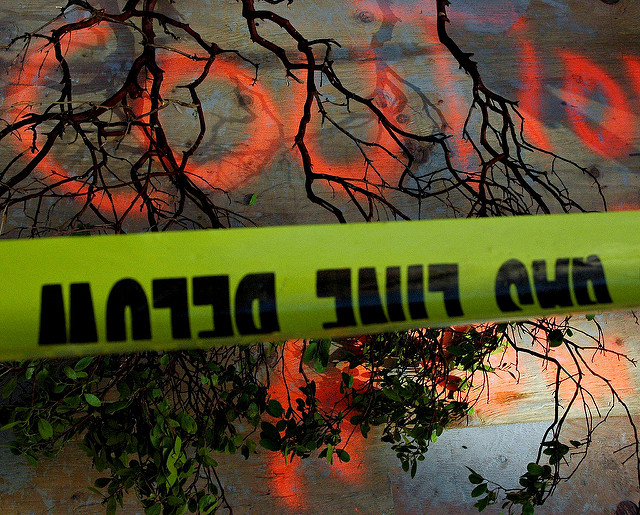
I am saddened by the New Zealand Tragedy. I am also saddened by the death of Dareyona Smith and the more than 340 people shot in Chicago. I am troubled by the increasing encouragement of white supremacy rhetoric in government and in mainstream culture. So much work needs to be done — so many issues are left unsolved. And there is a need for a focus on preventative measures before the tragedies happen.
Yet, I feel that we live in a reactive culture — accustomed to complacent moments between tragedies. After weeks of cats, puppies, and self-promotion on social media, we make time in our lives to reflect passionately in posts about the popular tragedies of the moment. We reflect on gun violence when mass shootings happen. We scowl at the overt racists who wear MAGA hats and proudly show their allegiance as a Nazi with their arms waved in the air. And we judge people who do not outwardly show signs of disappointment or grief about the tragedies of the day that shine across our screens urging us to pay attention. I often feel the pressure to participate in this cultural norm of reaction, and, increasingly, it is becoming a great source of resentment.
Not to be a pessimist, but we live in a cesspool of tragedy. Hell, the United States was built on tragedy. There is nothing harmonious about our environment, as even the most beautiful lands in the United States hold dark histories of repeated tragedy. And many of the tragedies like land theft, erasure, enslavement, and systemic racism have yet to be fully acknowledged, let alone dealt with. Yet these systems of oppression — the everyday wrongs are left to fester without much interference from those who have the power to intervene.
In truth, reactionary sympathy is not what is needed to make impact, save lives, or prevent tragedies. Taking a moment to honor tragedies for a day or two only serves to make ourselves look good. It honors the tragedy more than the solution. I understand that tragedies can be a catalyst for someone to get involved in a cause. So, I am referring to the idea of paying attention only when ignoring an issue is made harder by media attention, only to then resume normal complacency when that particular tragedy is over.
At the root of tragedies are everyday festering — systems of oppression left unchecked and encouraged in mainstream culture. Tragedies come from people choosing to not speak up when observing racism. They come when we do not make an effort to unlearn our own prejudices or embrace the resources that inform us about people different than ourselves. Tragedies happen because people choose to live in homogeneous areas under the guise of “safe neighborhood”. The idea of not seeing race, “color blindness”, also causes violence.
I am not saying that everyone has to run to the streets in protest. Contributions in being preventative and combating tragedies looks different for everyone. Yet, if we are not doing anything to combat the well-documented systems of oppression in the United States, we are part of the problem — a part of the violence.
I get it; sometimes a tragedy evokes the need to react publicly — and social media is this for many people. However, if the action stops there, then it seems pointless, and further, this action should not come with a feeling of self-righteousness or judgment of those not reactive. There are some people quietly suffering, dealing with continuous tragedies — those not driven by media attention or collective uproar. These are the people from communities long in need of collective empathy for ongoing issues that are easier to ignore. In the times of tragedy, honor, reflect, but also channel that feeling into proactive solutions — daily solutions that are more productive than temporary reactions.

